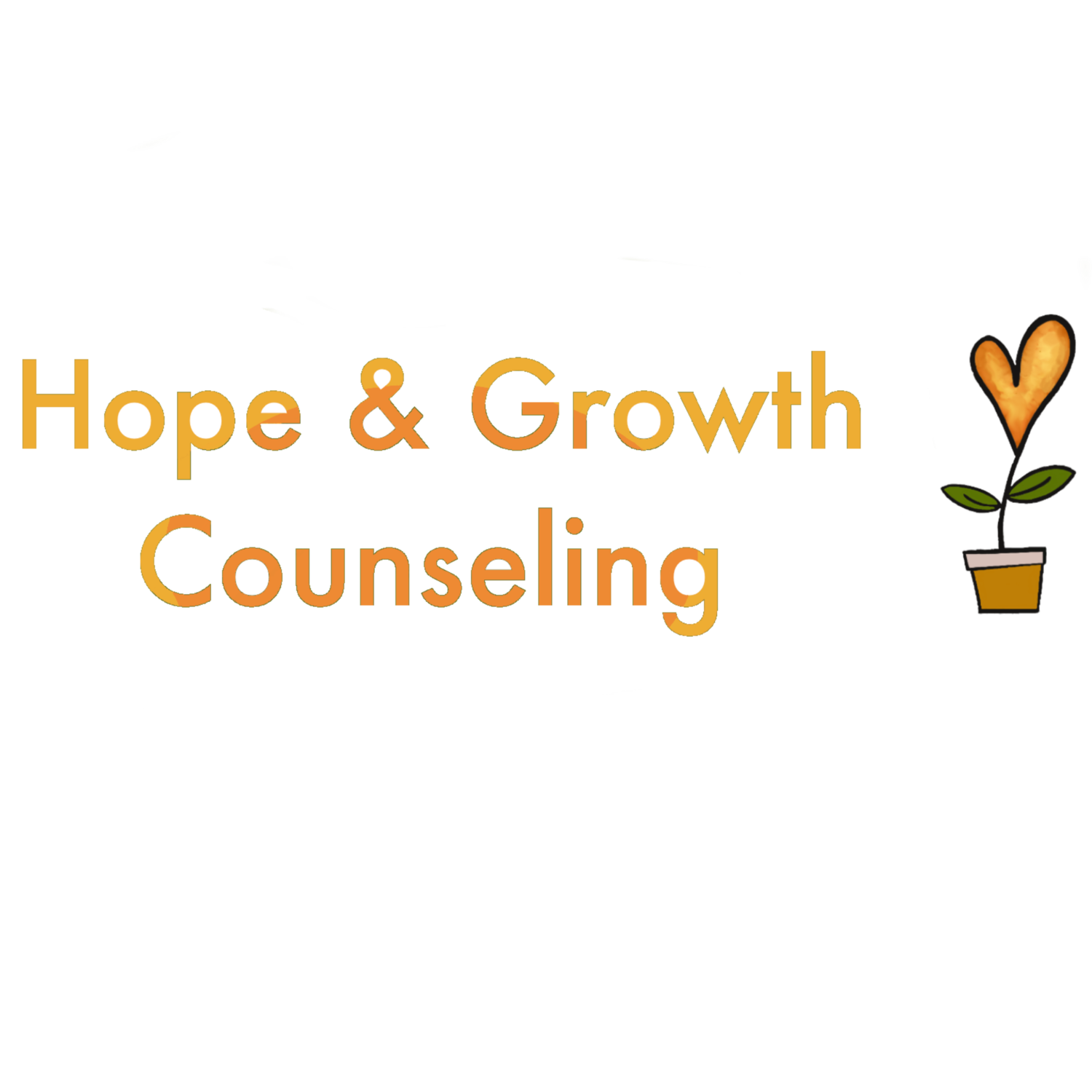Play Therapy
What is Play Therapy?
The Association for Play Therapy defines play therapy as "the systematic use of a theoretical model to establish an interpersonal process wherein trained play therapists use the therapeutic powers of play to help clients prevent or resolve psychosocial difficulties and achieve optimal growth and development."
In other words……
Play is the language of the child. An adult in therapy will “talk it out” during our sessions as they process and heal. Children do the same but they “play it out” to heal, build confidence, and learn new coping skills.
Why is play so important?
Play is a child's natural language and provides a therapeutic approach that is child-centered, evidence based, and very effective for addressing many of the challenges our children face today. Children today are under pressure like we have never seen before.
Play therapy is covered by most insurance plans. Years of research have shown play therapy to be highly effective for treatment of adolescents and adults as well as children. Click here to see why play therapy is critical when treating children.
Andrew from The Association for Play Therapy explains how children communicate!
Listen to Nick Cornett, Ph.D., LPC, LMFT, RPT from John Brown University talk and answer some common questions about Play Therapy!
Play Therapist Credentials
The criteria to become a Registered Play Therapist (RPT) and legally be able to use the title is very strict. I chose to work towards these credentials because I am dedicated to providing you and your children the highest quality care. The requirements to become a RPT include:
Required to hold a current, active, and unconditional individual state license to independently provide clinical mental health services in one of the following general practice disciplines: counseling, marriage and family therapy, psychiatry, psychology, or social work.
Required to hold a master’s or higher clinical mental health degree in one of the following disciplines: counseling, marriage and family therapy, psychiatry, psychology, or social work with demonstrated coursework in: child development; theories of personality; principles of psychotherapy; child & adolescent psychopathology; and ethics.
Complete at least 150 hours of play therapy specific instruction, accrued in a time period of no less than two (2) years and no more than seven (7) years from institutions of higher education or APT Approved Providers.
A minimum of 350 direct client contact hours, under the supervision of a Registered Play Therapist-Supervisor (RPT-S).
Complete at minimum 35 hours of play therapy supervision and have five sessions observed by a RPT-S.
Why Play Therapy?
It Helps
Children are freely able to test out and explore new coping skills and are given the opportunity to process big topics through play.
Build resiliency
Children learn about themselves and the world around them, build confidence, and take on new challenges in life.
Playfully
Play helps us all laugh, have fun, cope, be creative, and exercise our imagination. One of the easiest ways to learn is through play.
In particular, I utilize a child centered play therapy approach to create the necessary environment for children to freely explore difficult topics at their comfort levels.
To learn more about the therapeutic powers of play Click Here to read an article about the impact therapy can have on a child’s life





